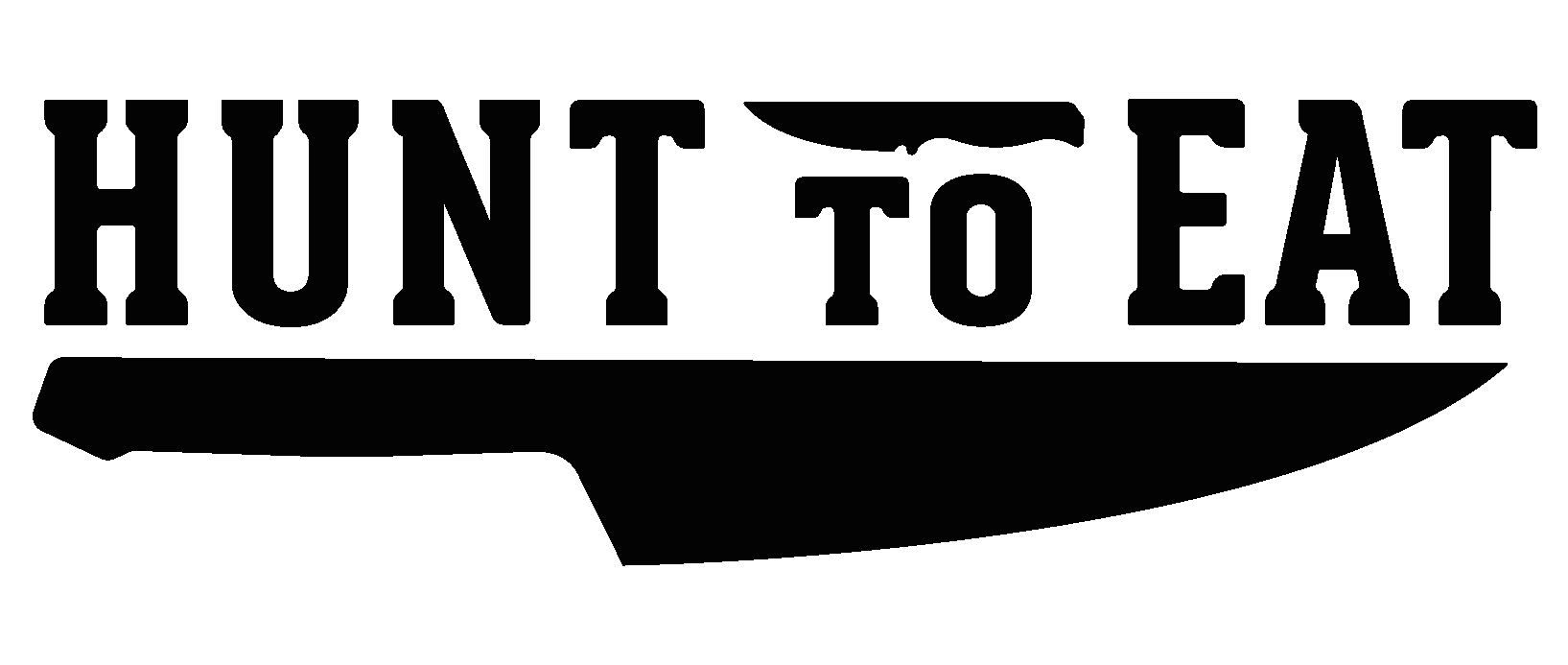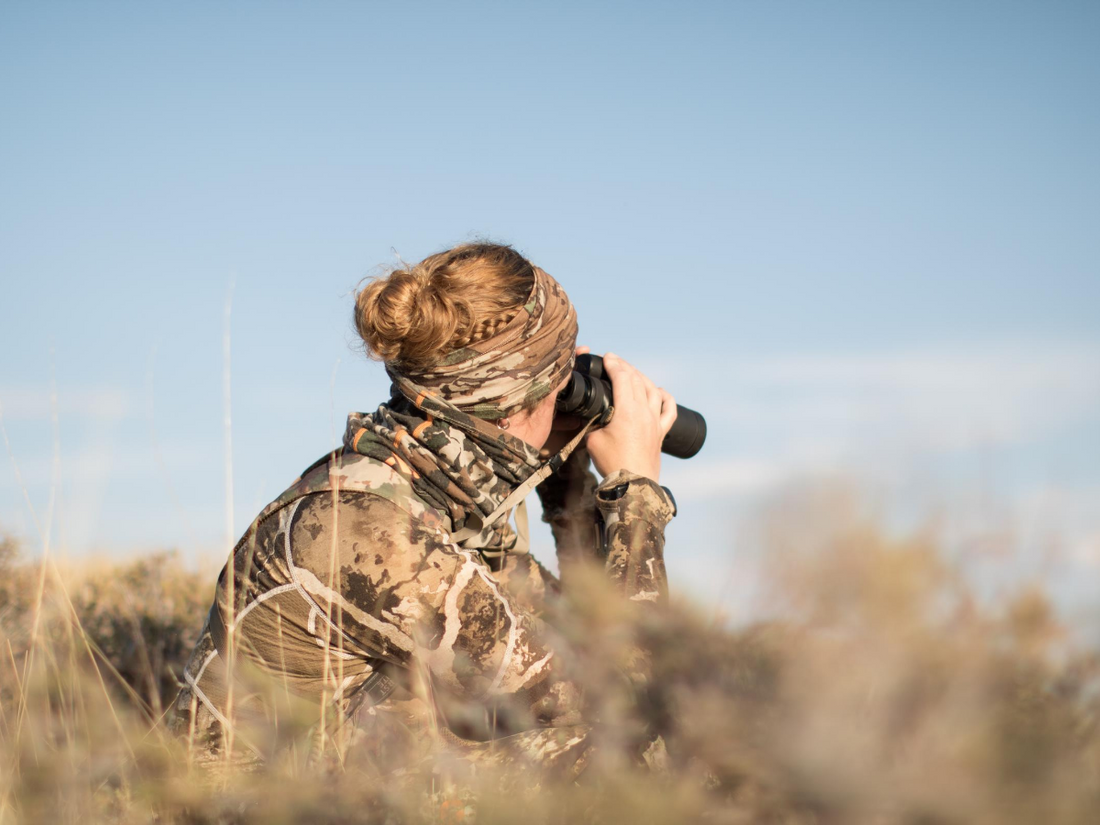By Bri Billings
More than 15 million Americans enjoy hunting. One of the most wonderful things about hunting trips sharing your hunting stories with other like-minded people. Many do this online, on forums, or even in hunting publications. It is even better if you can do this soon after your trip as it could help other hunters to negotiate a difficult landscape and terrain, or learn more about the seasonal behavior of wildlife. If you are writing down tales from your hunting trips, there are some great ways that you can make them as memorable, interesting to read, but still be informative.
Write from your perspective
Showing your individual perspective through your stories and having a basic understanding of ecology will help take your writing to the next level. Make sure that you do your research about where you chose to hunt, what kinds of wildlife are found there, and the importance of population management within this area. If you are quoting from other websites or books, it is recommended to use factual material, like well-respected publications or resources from state and federal wildlife agencies. Try to avoid sources that seem uninformed or based solely on opinion or anecdotes. It is also a good idea to use information from research papers and studies when you are quoting statistics. Make sure that you are proactive in writing about actively managed wildlife populations or conservation methods. Healthy natural habitats and wildlife populations are extremely important and, honestly, your average person isn't aware of these practices.
Share the struggles as well as the triumphs
Hunts that don’t go to planned are just as important as those that do. They are what give a good hunting story that element of human interest to draw in the reader. You could write about how the tricky terrain or brutal weather affected your trip even if you don't come home with meat for the freezer. Mention your experiences tracking animals and what you learned from the mental journey. Your own hunting stories could help others navigate the same terrain, or hunt for the same species.
Talk about what happens next
Too many hunting stories begin with tracking an animal and end with a grin-n-grin. Those are only pieces of a full story. It’s important, out of respect and gratitude for your quarry, to talk about what happens next. Hunting to eat means making the most of every part of the animal, from the meat to the pelt. Preparing, preserving, cooking and storing are all part of this journey, too. Your hunting story can show others that hunting isn’t just a trophy sport where a photo and a head on the wall is the goal — it is so much more. You are sharing your knowledge about a species, appropriate hunting methods for the animal and its habitat, and how to respect the meat once you return home.
Sharing your hunting stories is a great way to build a bigger picture about the ecosystems that we live in. Every hunt is a story of the vastness of the wilderness, the beauty of nature, and the importance of balance.


